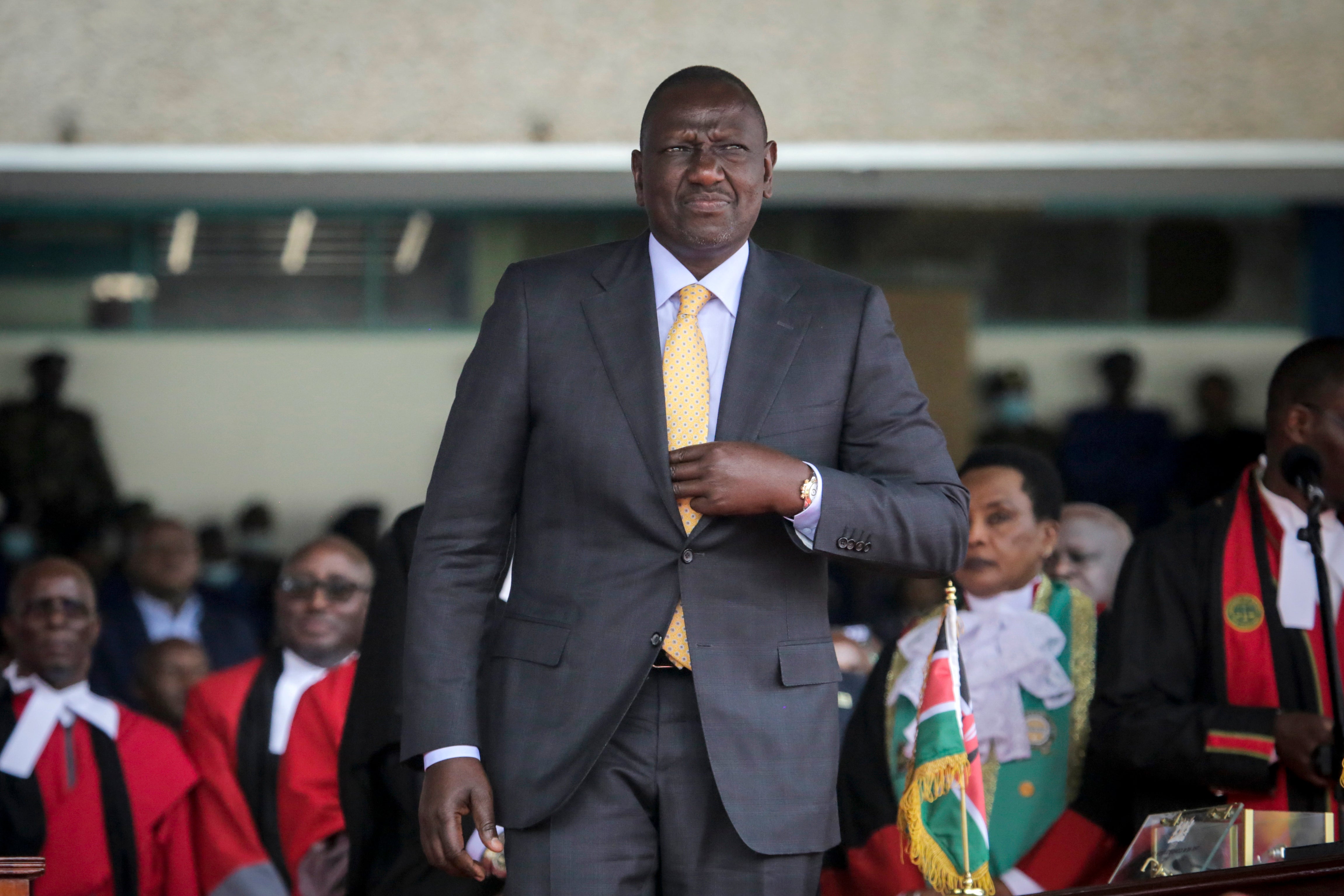Food security, consumer groups protest Kenya's GMO decision
Food security, consumer rights and biodiversity groups are protesting Kenya’s reversal of a ban on genetically modified foods, saying the public wasn’t consulted on an issue key to the East African country’s economy and safety

Food security, consumer rights and biodiversity groups are protesting Kenya’s reversal of a ban on genetically modified foods, saying the public wasn’t consulted on an issue key to the East African country’s economy and safety.
Kenya’s new President William Ruto earlier this week announced that the Cabinet had effectively lifted the decade-old ban on openly cultivating and importing genetically modified crops. The decision came after pressure by the United States government, which had argued that the ban affected U.S. agricultural exports and food aid.
In a joint statement on Thursday, the groups including the Kenya-based Consumer Grassroots Association, Route to Food, Greenpeace Africa and the African Biodiversity Network said the abrupt decision “essentially curtails the freedom of Kenyans to choose what they want to eat.” They called for the ban to be reinstated immediately and for an “inclusive participatory process” to look into food security issues.
Ruto took office last month promising a transparent government, the statement said. It also argued that the introduction of genetically modified organisms hurts the growing organic export market and creates an unfair situation for Kenyan farmers, 80% of whom are farming on a small scale.
Agriculture is a main driver of Kenya’s economy and about 70% of the rural workforce is in farming. Ruto, a former agriculture minister, seeks greater agricultural productivity.
“GMOs will put at risk our indigenous seed and plant varieties,” the statement said, adding that the National Biosafety Authority that's meant to regulate GMOs lacks the capacity to take on this expansion. Kenya’s Cabinet in 2019 made a limited step by approving the commercialization of a genetically enhanced variety of cotton to resist the African bollworm pest.
Many African countries have bans on genetically modified agriculture, amid concerns about potentially harmful effects on smallholder farms, existing crops, the environment and people’s long-term health.
Following Kenya's decision, neighboring Tanzania's agriculture minister told local newspaper The Citizen that “we will put in place extra measures so as to make sure there aren’t any GM-related seeds that enter the country.”
A spokesman for Kenya's president didn’t immediately respond to a request for comment on Thursday's statement.
Bookmark popover
Removed from bookmarks